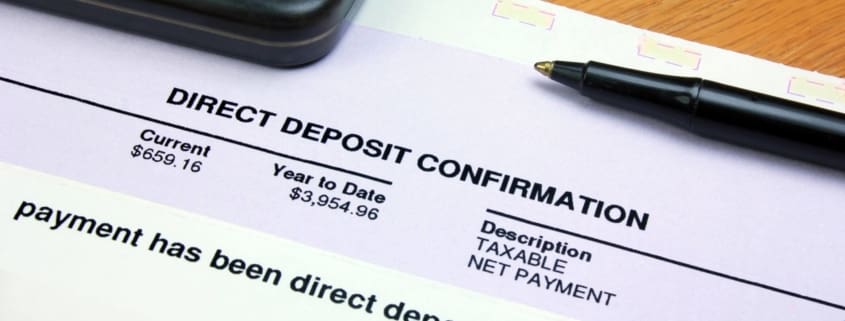How to Respond to an IRS Audit in 2022 Part 2
IRS Letter 6323 and Bank Deposit Analysis
In part two of our three-part series “how to respond to an IRS Audit in 2022” we discuss IRS letter 6323 and the bank deposit analysis. For every audit IRS opens, they conduct a bank deposit analysis to determine whether you correctly reported your income on your income tax return.
Watch John Milikowsky, Managing Attorney and founder of Milikowsy Tax Law explain more on IRS Letter 6323 and their bank deposit analysis below.
What is a Bank Deposit Analysis?
During a bank deposit analysis, IRS adds up all of the deposits from all of your bank accounts: both personal and business. Once gathered, they compare the amount they calculate to the amount you reported on your income tax return.
Keep in mind that there are, of course, non-taxable deposit items. Provide these source documents to IRS to ensure the numbers match. Such items include:
- Transfers between bank accounts
- Drawing money from a line of credit
- Insurance proceeds (which are generally non-taxable, although they may be in certain citations)
If you don’t provide all of your bank statements to IRS- including both business and personal accounts- IRS will summon your bank directly to receive your statements and deposit items.
Learn more about IRS looking into your bank deposits here.
The agency summons your statements because they need to confirm whether you’ve accurately reported income on your tax return.
The best practice to prepare for an audit in 2022 is to collect these items ahead of time, and then review the statements with your CPA and tax attorney. If during your review you determine that there’s a significant difference between income reported and actual income found after review, it will need to be explained.
The gap in reported pay versus actual pay sometimes occurs accidentally (or intentionally in the case of fraud) by miscalculating income because you left out some income. If this occurs, it can lead to a grey area where the support of an experienced tax attorney will help defend your business. Any communication you have with your tax attorney is attorney/client privilege- which means it is protected information. IRS does not have access to it.
Review your deposit analysis ahead of time with your CPA or tax attorney to implement a strong strategy for your specific case. If there is an explanation for why the income wasn’t reported, make sure you clarify why it occurred before IRS provides that information to you. If the agency finds the discrepancy first, it puts you at a disadvantage to then review source records and then come up with an explanation.
For more information, read our last part of the three-part series in “how to respond to an IRS audit in 2022” here.



